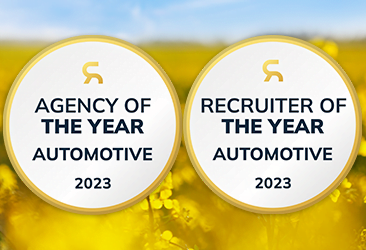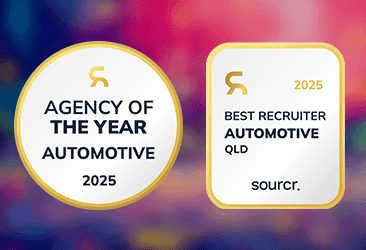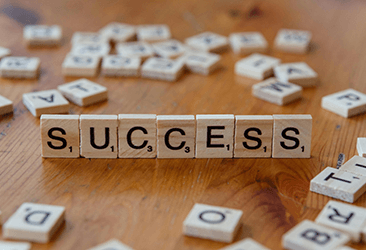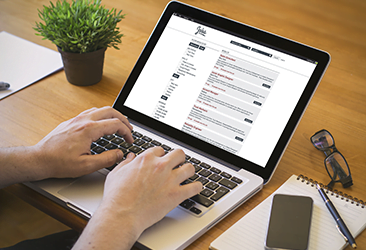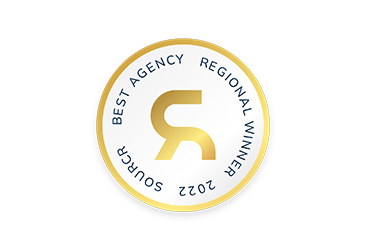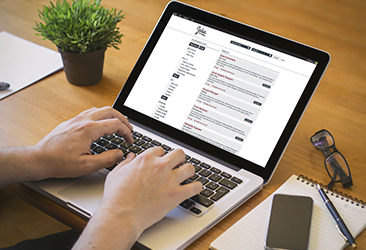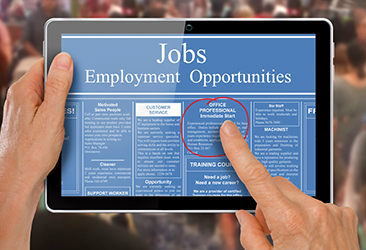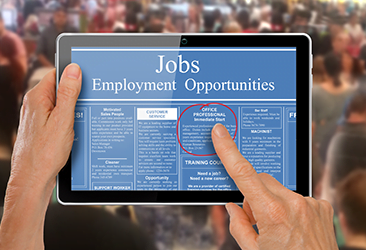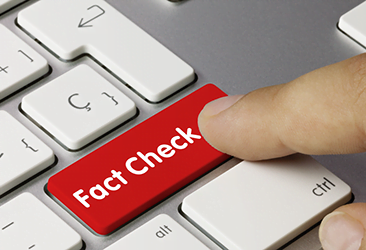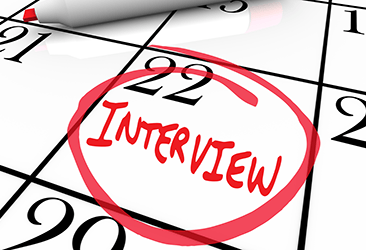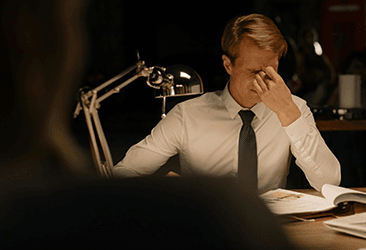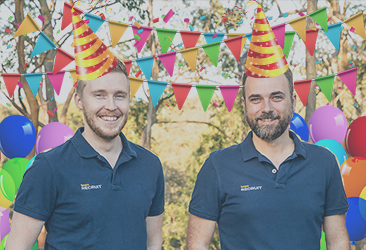A job interview can feel like a high-stakes exam, and the perception of a poor performance can be demoralising. But a “bad” interview should not be viewed as a definitive failure. Instead, it’s a critical and data-rich learning opportunity. This article provides a strategic blueprint for recovery, specifically tailored to the unique hiring processes of Australian and New Zealand dealerships.
A successful bounce back isn’t just about damage control: it’s a proactive, long-term commitment to refining your professional competencies. By transforming a seemingly negative experience into a structured self-assessment, you can leverage a single interview to sharpen your skills, address weaknesses, and significantly enhance your prospects for future opportunities in this competitive industry.
The diagnostic framework: unpacking the signs of a poor interview
To truly understand what went wrong, you need to move beyond a subjective feeling of unease and focus on objective, verifiable indicators.
- The shortened interview: An interview that concludes significantly earlier than scheduled is a strong negative signal. If a 45-minute meeting wraps up in 15 minutes, it suggests the interviewer quickly determined a fundamental mismatch and is moving on to other candidates.
- Interviewer disengagement: If the interviewer appears distracted, avoids eye contact, checks their watch or phone, or gives short, clipped responses, it indicates a lack of genuine interest in the candidate. This is in stark contrast to positive signals like open body language and leaning forward, which convey engagement and rapport.
- Vague next steps: When an interviewer is unclear about the timeline for a decision or fails to outline the subsequent stages, it’s a significant red flag. A positive interview will make the next steps clear and may even ask about your availability.
While objective red flags are crucial, your “gut feeling” about a poor interview shouldn’t be dismissed either. For high-stakes roles where rapport is paramount, like being a sales consultant at a tractor dealership, a lack of rapport is a failure to demonstrate a core professional competency.
The causal loop: Many of these signals are a direct response to a candidate’s performance. For instance, a candidate who provides vague answers may cause the interviewer to become disengaged, creating a self-perpetuating cycle of a “bad interview”. The primary cause of poor performance is a lack of adequate preparation, but over-rehearsing can also be detrimental.
The dealership context: where general rules become industry-specific
The significance of an interview red flag varies dramatically depending on the role. A failure to demonstrate a core competency in an interview is a far greater red flag than a minor stumble on a secondary skill.
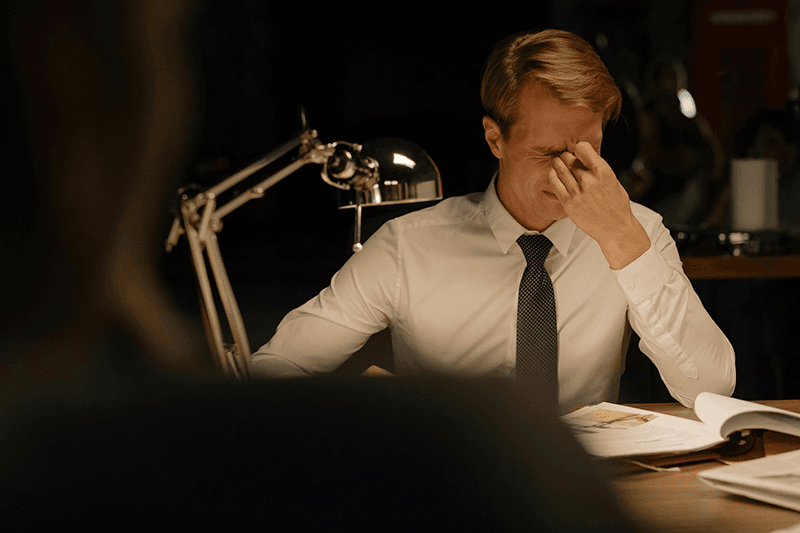
- Sales Consultant: A poor interview for a sales consultant is often a failure to demonstrate necessary soft skills. A lack of rapport or an inability to tell a compelling story are major red flags, as these are the very skills required to manage a client base and generate new business.
- Heavy Equipment Mechanic: For a heavy equipment mechanic, a poor interview is typically a failure to demonstrate core technical skills and a safety-conscious mindset. This includes providing vague or inconsistent answers about how to diagnose a hydraulic system or troubleshoot a challenging equipment issue. Interviewers for these roles are also highly attuned to a lack of awareness about safety protocols or a tendency to blame others for past mistakes.
- Parts Person: For a parts person, a poor interview could be a failure to articulate knowledge of inventory systems or provide clear answers on how they’d handle a customer issue. These are core competencies for the role.
The strategic bounce-back blueprint
The period immediately following a bad interview is a critical window for a strategic response.
- Immediate actions: Take a breather and gain some emotional distance from the experience. Once calm, conduct an honest self-assessment. While the details are still fresh, write down what went well and what went wrong to help you analyse the situation more objectively.
- The strategic follow-up: A thank you email sent within 24 hours can be a powerful tool for damage control. You can use this to clarify a point or provide additional information for a minor slip-up. If you made a more significant error in the interview such as fumbling a technical question, a follow-up email is an opportunity to provide a correct and detailed answer, showcasing your initiative and eagerness to learn.
- Leveraging your allies: If you’re working with a recruiter (like us at Teamrecruit), be candid with them about what went wrong. A good recruiter can act as a crucial advocate, potentially providing damage control or even securing a second chance. Additionally, if you provided references, you can proactively speak with them and ask that they reinforce a point you feel you didn’t make well during the interview.
The long-term playbook: from setback to success
A “bad” interview is a valuable data point for long-term professional development. The most effective way to recover is to move from disappointment to constructive analysis.
Refining your technique
Based on your self-assessment, develop a targeted improvement plan. If vague answers were the problem, practice with the STAR (Situation, Task, Action, Result) method. This framework provides a clear, structured way to tell compelling stories about past achievements, ensuring your answers are specific and results oriented. If nerves or poor pacing were an issue, conduct mock interviews. Recording yourself or rehearsing with a friend allows you to identify and correct issues such as fidgeting, rambling, or speaking too quickly.
A seemingly “bad” job interview is a powerful albeit uncomfortable opportunity for professional growth. By moving beyond a subjective feeling of failure and engaging in a rational, evidence-based self-assessment, you can transform a perceived setback into a strategic advantage. Ultimately, every interview regardless of its outcome sharpens a candidate’s skills and moves them closer to finding the right fit. By reshaping the narrative of a poor interview from a definitive failure to a valuable data point, you can build the resilience and expertise required to succeed in a competitive professional landscape.
Teamrecruit is Australia’s most established recruitment agency specialising in truck, earthmoving and agricultural machinery dealerships in Australia, New Zealand, the South Pacific and Southeast Asia. Find out more about Teamrecruit and how we support employers and candidates in the dealership industry.



